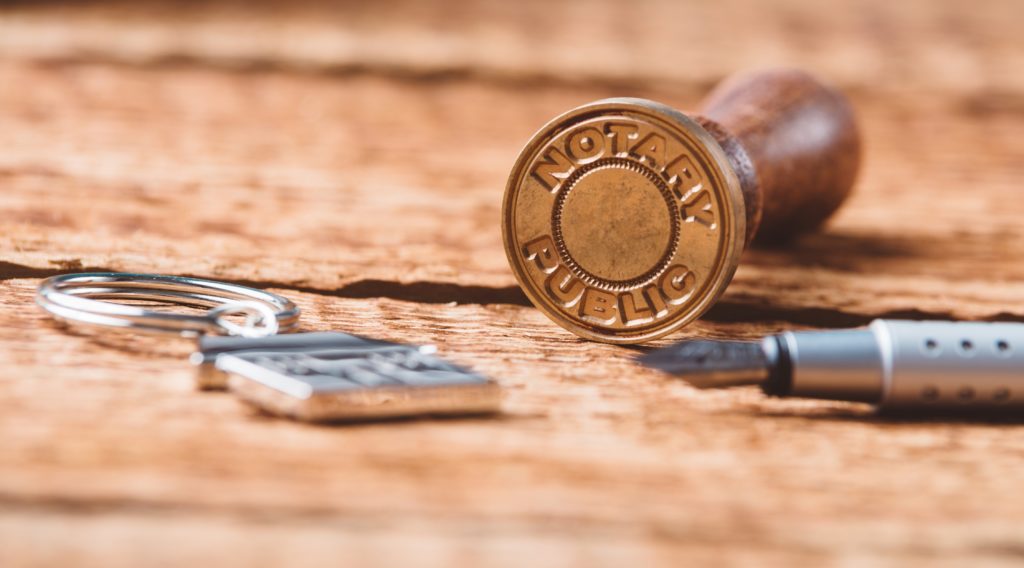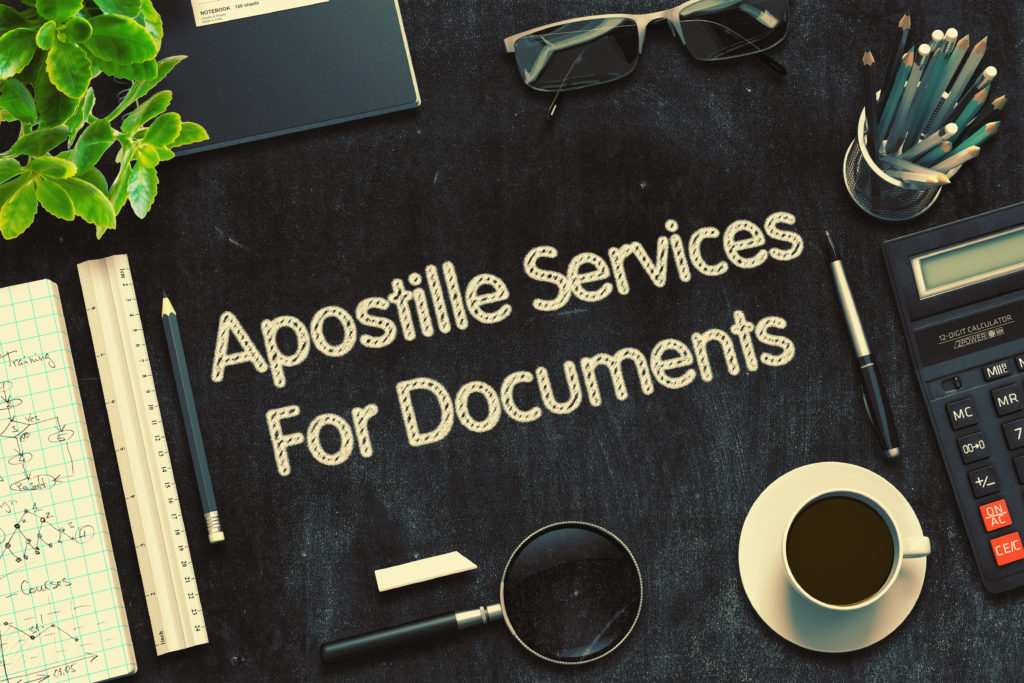In today’s digital age, many transactions that traditionally required in-person notarization can now be completed online. If you live in California and need to have a document notarized, it’s important to understand how online notary services work and how to find a reliable provider. This guide will walk you through everything you need to know about online notarization in California and how to choose the right platform for your needs.
Understanding Online Notary Services in California
Before you start searching for an online notary, it’s helpful to have a clear understanding of what online notarization entails. Essentially, online notarization is the process of having a notary public notarize a document remotely, using video conferencing and other digital tools. While traditional notarization requires you to physically present your ID and sign the document in front of the notary, online notarization allows you to complete these steps from the comfort of your own home.
Online notarization is becoming increasingly popular in California, especially in light of the COVID-19 pandemic. With social distancing measures in place, many people are opting for remote notarization services to avoid unnecessary exposure to the virus.
What is an Online Notary?
An online notary is a notary public who has been authorized by the state of California to perform notarizations remotely. To do this, they use specialized software and video conferencing technology to verify your identity and notarize your documents in real-time. Not all notaries are licensed to provide online notarization services, so it’s important to choose a provider who is authorized by the state.
Online notaries must adhere to the same legal requirements as traditional notaries. They must verify your identity, ensure that you are signing the document of your own free will, and confirm that you understand the contents of the document. The only difference is that these steps are completed remotely, rather than in person.
California Online Notary Requirements
In order to become an online notary in California, notaries must meet a number of strict requirements set forth by the state. These requirements include things like completing specialized training, undergoing a background check, and using approved technology to perform remote notarizations. By choosing a provider who meets these requirements, you can feel confident that your notarization will be conducted in a secure and reliable manner.
It’s important to note that not all documents can be notarized online. In California, certain types of documents, such as deeds and wills, require in-person notarization. However, many common documents, such as powers of attorney and affidavits, can be notarized online.
Benefits of Using an Online Notary
There are many benefits to using an online notary, including convenience, flexibility, and cost savings. By not having to travel to a physical location to have your documents notarized, you can save time and money. Online notarization also allows you to complete the process outside of traditional business hours, making it easier to fit into your busy schedule.
Another benefit of online notarization is that it can be more accessible for people with disabilities or those who live in rural areas. In-person notarization may not be feasible for these individuals, but online notarization can provide a viable alternative.
Overall, online notarization is a convenient and secure way to get your documents notarized in California. By choosing a provider who meets the state’s strict requirements, you can feel confident that your notarization will be conducted in a professional and reliable manner.
How to Choose the Right Online Notary Platform
Now that you understand the basics of online notarization in California, it’s time to start evaluating different providers and platforms. Here are some key factors to consider:
Comparing Online Notary Platforms
When it comes to online notary platforms, there are many options to choose from. Each platform has its own unique features and advantages, so it’s important to take some time to research and compare different providers.
One important factor to consider is pricing. Some platforms charge per notarization, while others offer subscription-based plans or bulk discounts. Evaluate each platform’s pricing structure and service options to find the one that best meets your needs and budget.
User experience is another important consideration. Look for platforms that are easy to use and navigate, with clear instructions and intuitive interfaces. Consider whether the platform offers features like document storage and sharing, as well as the ability to track and manage notarization requests.
Finally, take into account the platform’s overall reputation. Look for reviews and testimonials from other customers to get a sense of each platform’s strengths and weaknesses. Consider whether the platform has a good track record of providing reliable and efficient notarization services.
Evaluating Security and Privacy Features
Because online notarization involves transmitting sensitive personal and financial information over the internet, security and privacy are of paramount importance. Before choosing a platform, make sure they use state-of-the-art encryption technologies and have robust data security measures in place.
Look for platforms that offer multi-factor authentication and other advanced security features to ensure that your information stays safe and secure. Consider whether the platform has a good track record of protecting customer data and preventing unauthorized access.
Assessing Customer Support
When it comes to online notarization, having access to reliable customer support can be essential. Look for platforms that offer responsive and helpful customer service, with clear channels of communication and quick response times.
Consider whether the platform offers support via phone, email, or live chat, and whether their customer support team is available 24/7. Look for platforms that offer detailed FAQs, user guides, and other resources to help you navigate the notarization process.
By taking these factors into account, you can choose the right online notary platform for your needs and ensure that your notarization experience is efficient, secure, and hassle-free.
Preparing for Your Online Notary Appointment
Once you’ve chosen a platform and scheduled an appointment with an online notary, it’s important to prepare yourself and your documents to ensure a smooth and successful notarization. Here are some tips:
Gathering Necessary Documents
Before your appointment, make sure you have all the necessary documents ready and organized. This includes the document you need notarized, as well as any supporting documentation or identification required by the notary.
It’s important to note that different types of documents may require different forms of identification. For example, a real estate document may require a government-issued ID and a copy of your mortgage statement, while a power of attorney may only require a driver’s license. Make sure to check with your notary beforehand to ensure you have the correct documentation.
Verifying Your Identity
Because online notarization is a remote process, it’s important to take extra steps to verify your identity and ensure that you are who you say you are. Your notary may require you to present multiple forms of identification or complete a knowledge-based authentication quiz to confirm your identity.
Some online notary platforms use facial recognition technology to verify your identity. This may require you to take a photo of yourself and your ID and upload it to the platform. Make sure to follow the instructions carefully to avoid any issues.
Ensuring a Stable Internet Connection
A stable and reliable internet connection is essential for a successful online notarization. Make sure you have a strong Wi-Fi signal and test your internet speed before your appointment to avoid any technical difficulties or delays.
If you’re experiencing any issues with your internet connection, try moving closer to your router or resetting your modem. It’s also a good idea to close any unnecessary programs or tabs on your computer to free up bandwidth.
By following these tips and properly preparing for your online notary appointment, you can ensure a smooth and successful notarization process.
The Online Notarization Process
When it’s time for your online notary appointment, here’s what you can expect:
Scheduling Your Appointment
Most online notary platforms allow you to schedule your appointment in advance, so make sure you choose a time and date that’s convenient for you. You may also have the option to choose your preferred notary based on factors like language proficiency or specialized expertise.
It’s important to note that online notarization can save you a lot of time and hassle compared to traditional notarization. With online notarization, you can complete the process from the comfort of your own home or office, without having to travel to a physical location. This can be especially beneficial if you have a busy schedule or live in a remote area.
Meeting with the Online Notary
During your appointment, you’ll meet with your online notary via video conference. This can be done using a variety of platforms, such as Zoom, Skype, or FaceTime. Your notary will verify your identity and guide you through the process of signing and notarizing your document.
One advantage of online notarization is that it allows for greater flexibility in scheduling appointments. Since you don’t have to travel to a physical location, you can often find a time that works for both you and your notary, even if you’re in different time zones.
Another advantage is that online notarization can be more accessible for individuals with disabilities. For example, if you have mobility issues or are visually impaired, online notarization can be a more convenient option.
Signing and Notarizing Your Documents
Once you’ve completed the necessary steps to verify your identity and sign your document, your notary will notarize it by affixing their electronic signature and seal. The notary will also complete a certificate of notarization, which serves as proof that the notarization was performed.
It’s important to note that online notarization is just as legally binding as traditional notarization. In fact, many states have passed laws allowing for online notarization, recognizing its validity and security.
Receiving Your Notarized Documents
After your documents have been notarized, you’ll receive a digital copy along with your certificate of notarization. You can use these documents with confidence, knowing that they have been legally and securely notarized.
One advantage of receiving digital copies is that you can easily store and access them in the cloud, without having to worry about physical copies getting lost or damaged. This can be especially important for important documents like wills, trusts, and powers of attorney.
Overall, online notarization is a convenient and secure way to get your documents notarized. Whether you’re a busy professional, a remote worker, or someone with a disability, online notarization can save you time and hassle while providing the same level of legal validity as traditional notarization.
Conclusion
Online notarization is a convenient and efficient way to have your documents notarized in California. By choosing a reliable and authorized online notary platform, preparing your documents and identity beforehand, and following best practices during your appointment, you can complete the notarization process with ease and confidence.





